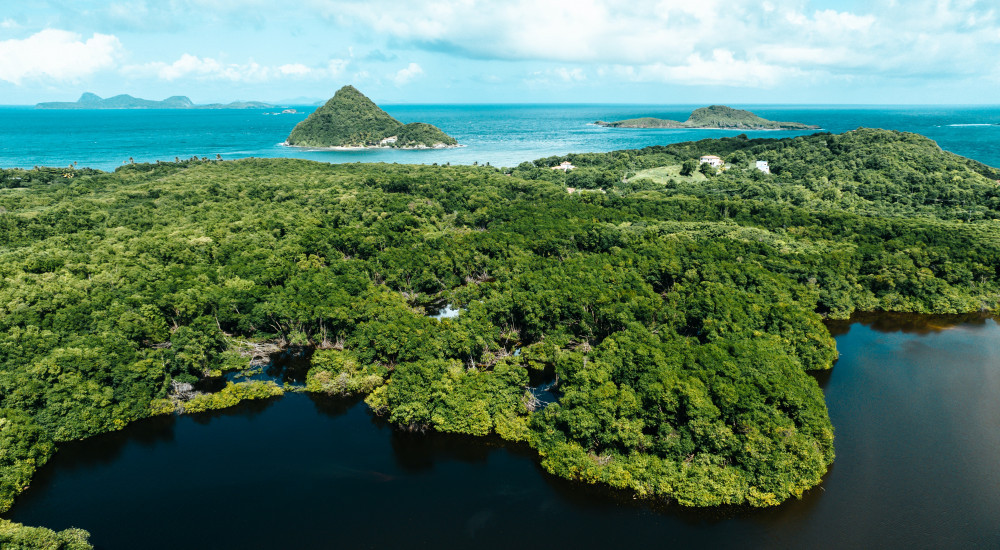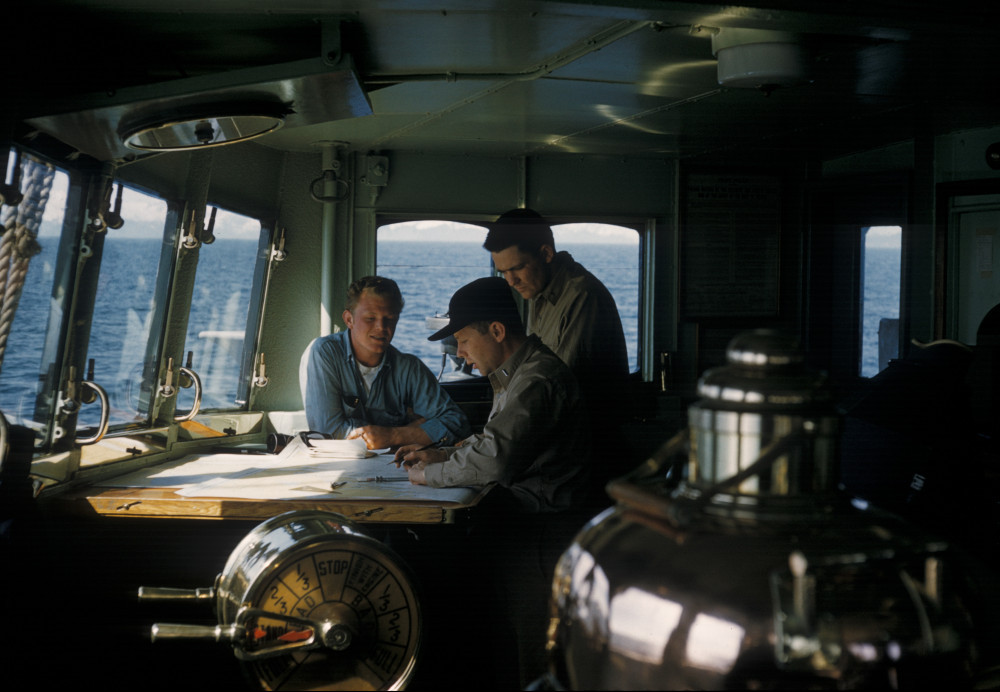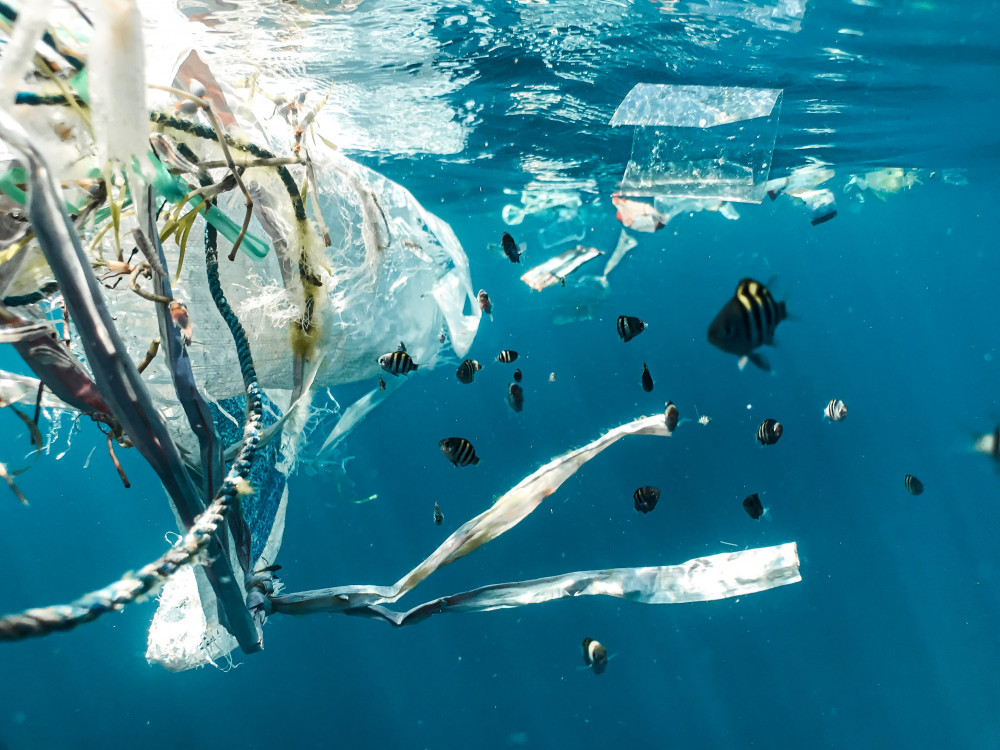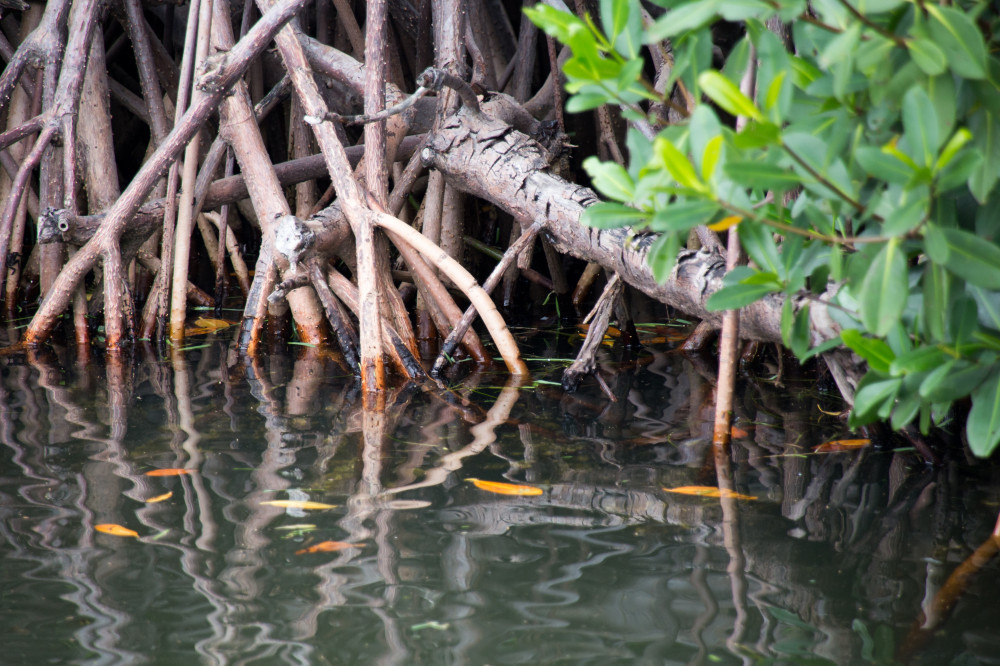“Facts About the Marine Ecosystem | Immense Fathom and Legion” delves into this realm covering over 70% of the earth’s surface. Its fauna and flora are diverse.
The immense fathom refers to the incredible depth of the ocean. On the other hand, legion refers to the organisms that thrive in this underwater world.
Hence, this complex system consists of a multitude of species coexisting and interacting together. Furthermore, it creates a delicate balance that supports life on this planet.
Continue reading to discover fascinating facts about this intriguing space.

Marine Ecosystem | Immense Fathom
We may not be able to grasp the depth of some areas in this awe-inspiring marine ecosystem. You may not have given it any thought. On the other hand, you may have been curious to find out. However, here are some of its known depths:
Challenger Deep: The deepest known point in the ocean is in the Mariana Trench. It’s approximately 36,070 feet or 10,972 meters deep. Amazingly, that’s deeper than the height of Mount Everest!
Abyssal Zone: This extends from 13,000 to 19,700 feet or 4,000 to 6,000 meters deep. In fact, sunlight does not penetrate this mysteriously dark realm. Believe it or not, numerous creatures have adapted to this environment!
Hadal Zone: This zone represents the deepest trenches and crevices. Furthermore, it’s characterized by frigid temperatures, immense pressure, and a lack of nutrients. Some species that exist here include amphipods and snailfish.
Exploration | Submersibles and Discoveries
The quest to explore this immense fathom and legion results in submersibles. As such, this makes many more discoveries possible.
Additionally, scientists are better equipped to gain more insight into the biodiversity, adaptations, and interconnections within the marine ecosystem.
Submersibles: Specialized underwater vehicles allow scientists and others to explore previously unknown and inaccessible areas. Therefore, we have a deeper understanding of the incredible marine ecosystem’s diversity and resilience.
Discoveries: Remarkable discoveries include new species, hydrothermal vents, and fascinating geological formations.
New Species: Some of these new discoveries are the yeti crab, dumbo octopus, vampire squid, and snailfish. They may be similar to other previously known species. However, they have distinct variations.
Hydrothermal Vents: The key features include hot water, mineral-rich fluids, chimneys and formations, and unique ecosystems.
Geological Formations: These are formed naturally due to disposition, erosion, tectonic activity, and weathering. Examples are archipelagos, caves, canyons, mountains, and plateaus.

Marine Ecosystem | Legion of Organisms
Let’s look at some of these organisms:
Biodiversity Hotspots: Coral reefs, mangroves, and seagrass beds make up these hotspots. As a result, this is where we will find a diversity of species such as coral colonies and intricate food webs.
Phytoplankton: These are microscopic marine plants. And, they are the primary producers in the ocean. They convert carbon dioxide into oxygen through photosynthesis. As such, they are vital to the survival of other organisms.
Coral Reefs: This is where we find one of the most diverse ecosystems on the planet. It is referred to as the rainforest of the ocean.
It accommodates a plethora of species. This is where they live, breed, and fend for food. Additionally, they contribute to shoreline protection.
Marine Mammals: These include charismatic and intelligent mammals such as dolphins, seals, and whales. They are adept at diving, swimming, and hunting. In addition, they help to maintain the marine ecosystem.
Threats to Marine Life | Key Challenges
Threats to marine life endanger individual specials. But, more than that they disrupt the entire marine ecosystem. Some of the key challenges are habitat destruction, pollution, overfishing, climate change, and ocean acidification.
- Habitat Destruction: This refers to the loss of species or habitat in part or whole. Subsequently, these actions result in disrupting the marine ecosystem balance.
- Pollution: Humans, in particular, are prone to introducing harmful substances in and around the ocean. The major ones are plastics, industrial, sewage wastes, and oil spills.
- Overfishing: People are fishing more than the fish population can replenish itself. As a result, there are serious consequences such as the disruption of the food chain.
The resilience of the marine ecosystem cannot withstand these threatening circumstances if they persist. Therefore, we must take responsibility and play our part to protect it.
There are also other threats that are making the headlines such as climate change and ocean acidification.

Let’s Recap. | A Vast and Diverse Ecosystem
Imagine, the ocean’s surface is larger than that of dry land! Also, interestingly the development of submersibles has brought about new discoveries of fauna and flora in unbelievable depths and harsh conditions.
It is of utmost importance that scientists use these invaluable assets to monitor and improve the overall health of the ecosystem. Subsequently, this will benefit the environment and well-being of all ecosystems.
Naturally, humans depend on the marine ecosystem. Likewise, its survival depends largely on human activities. Therefore, the marine ecosystem is interrelated to the wider ecosystem existing around it.
For example, coral reefs host a diversity of species. This is where they live, breed, and feed. Inevitably, there are numerous activities taking place in this environment. Hence, unhealthy human practices will have far-reaching effects.
We looked at various threats to marine life. These have a significant impact on the marine ecosystem. Therefore, it is essential to understand and address the dangers involved.
Subsequently, awareness and affirmative actions will contribute to the conservation and sustainability of this environment. Hence, this will result in the protection of delicate balance within marine ecosystems.
The facts presented here will allow us to have a greater understanding of its existence. Most importantly, we should show appreciation for this intricate web of life in our oceans.
So, what are your thoughts on these findings? Are you familiar with the subject of the marine ecosystem? Or, is it entirely new to you? Let us hear from you.
I hope you found this article, “Facts About the Marine Ecosystem | Immense Fathom and Legion” informative and interesting. Also, please feel free to leave your questions and comments below. I will be more than happy to address them.
Veron Lee Campbell | Entrepreneur | The Way 4WordEnterprises

As someone who is new to the topic of marine ecosystems, I found this article very intriguing and informative. It’s fascinating to learn about the vast and diverse underwater world and the various organisms that thrive in it. I was particularly interested in the section about threats to marine life and how human activities can disrupt the delicate balance of the marine ecosystem.
My question to you is: Among the threats mentioned, such as habitat destruction, pollution, overfishing, climate change, and ocean acidification, which one is considered the most significant and urgent concern for the marine ecosystem? Are there any ongoing efforts or initiatives to address this particular threat, and what can individuals like me do to contribute to the protection and conservation of marine life?
I’m eager to understand the actions that can be taken to safeguard the marine ecosystem and its inhabitants, as well as how I can play my part in ensuring its sustainability.
Thank you for shedding light on this crucial topic, and I look forward to your insights on how we can make a positive impact on marine life and its environment.
Thank you so much for taking the time to read my article and your interest in this topic. I believe everything that has a negative impact on our ecosystem in general needs urgent consideration. Most importantly, individuals and organizations can take action whenever possible.
For example, everyone can play a part in avoiding unnecessary pollution of the ocean directly or indirectly. Some things may be out of our control, however, we could seek information from entities involved in the protection and conservation of marine life.
There are several organizations such as oceana.org which could shed more light on the subject.
I hope this helps.
Awesome information.
Thank you, Camille, for your feedback!